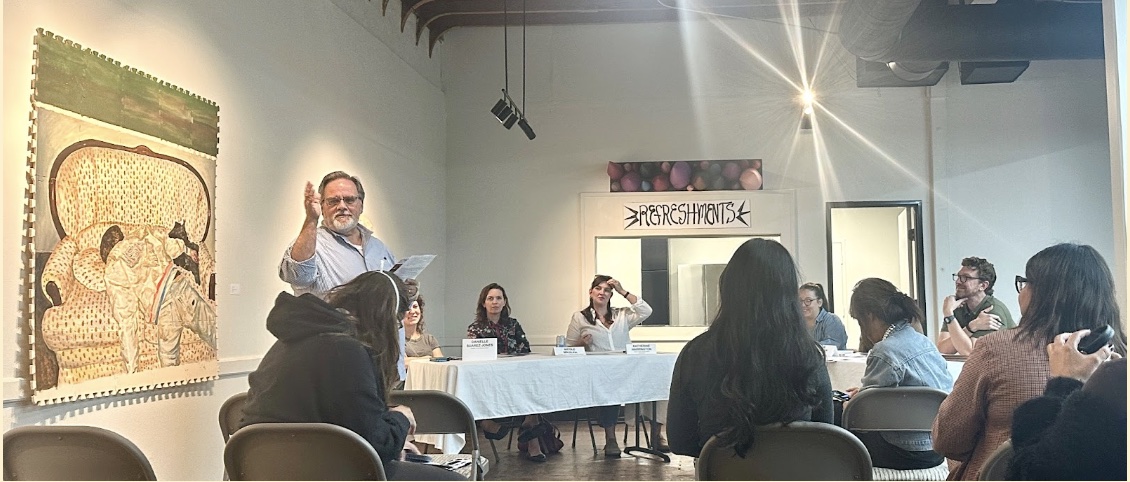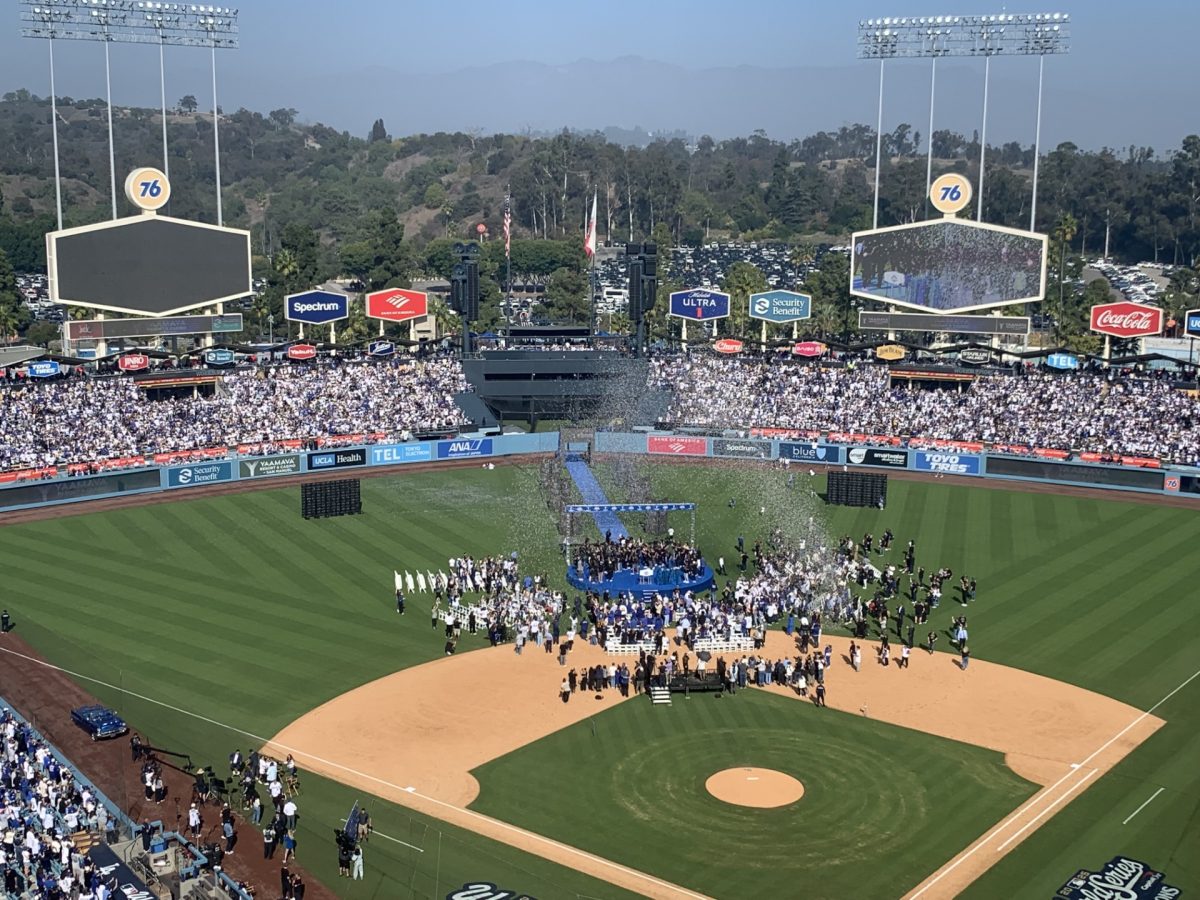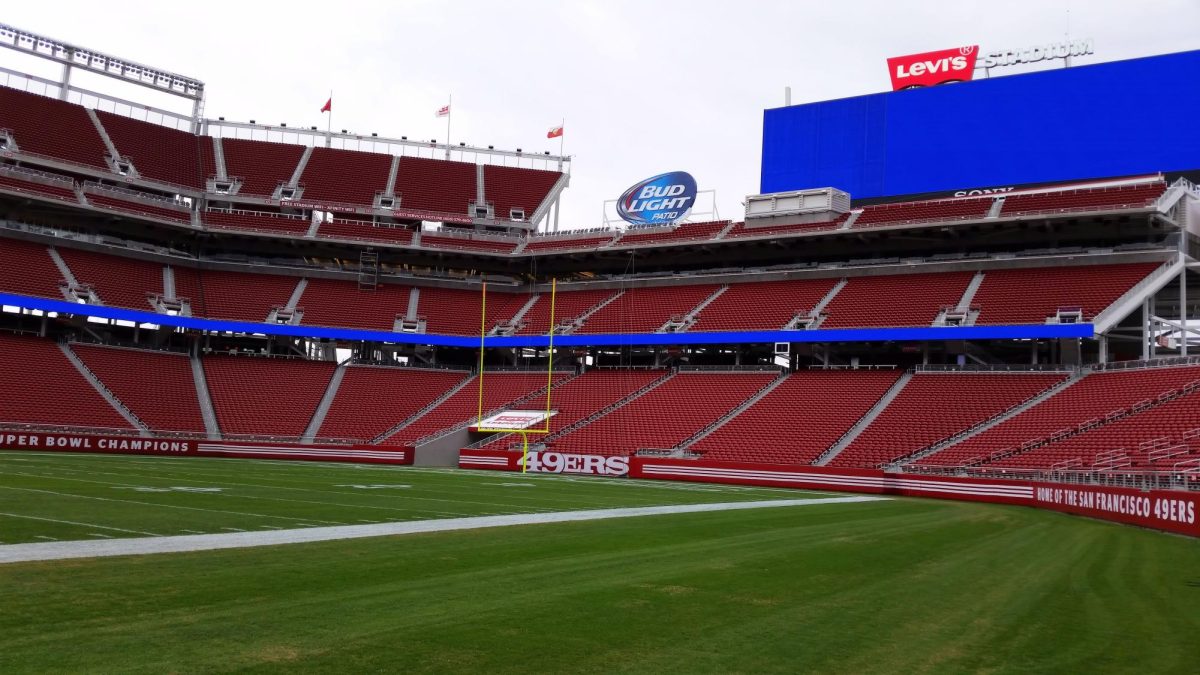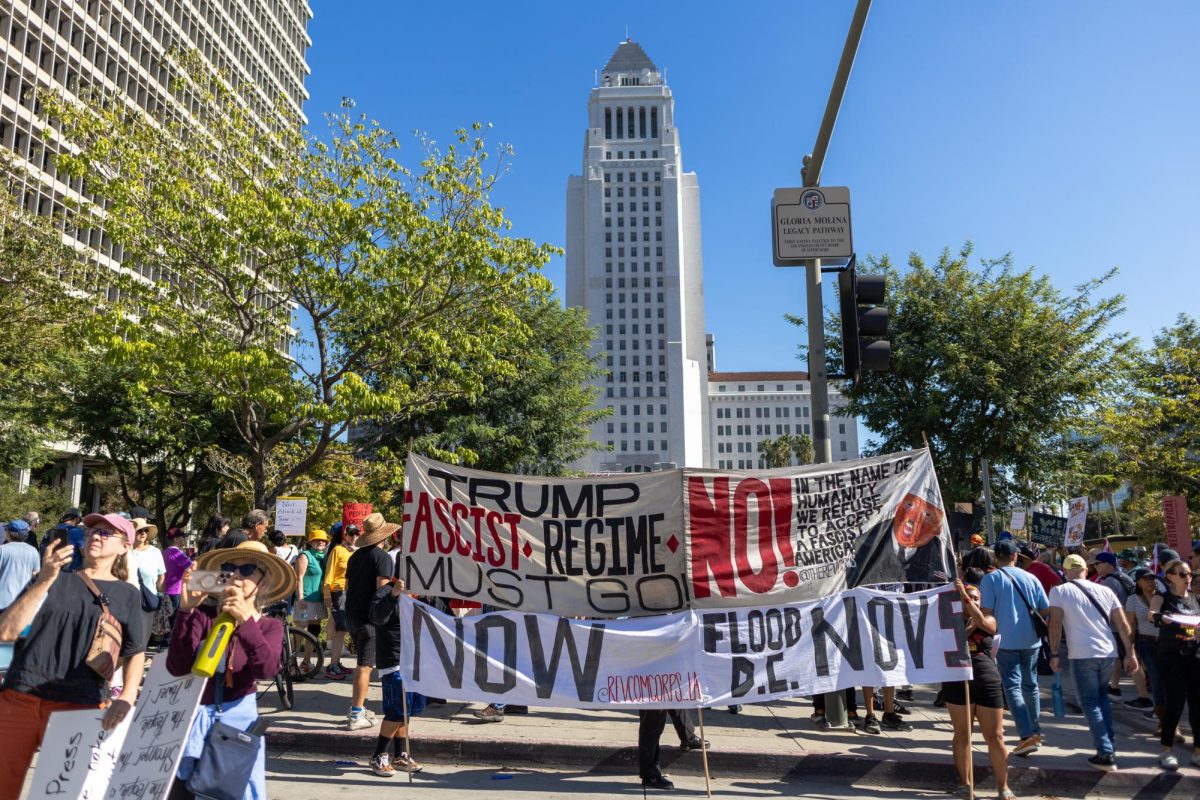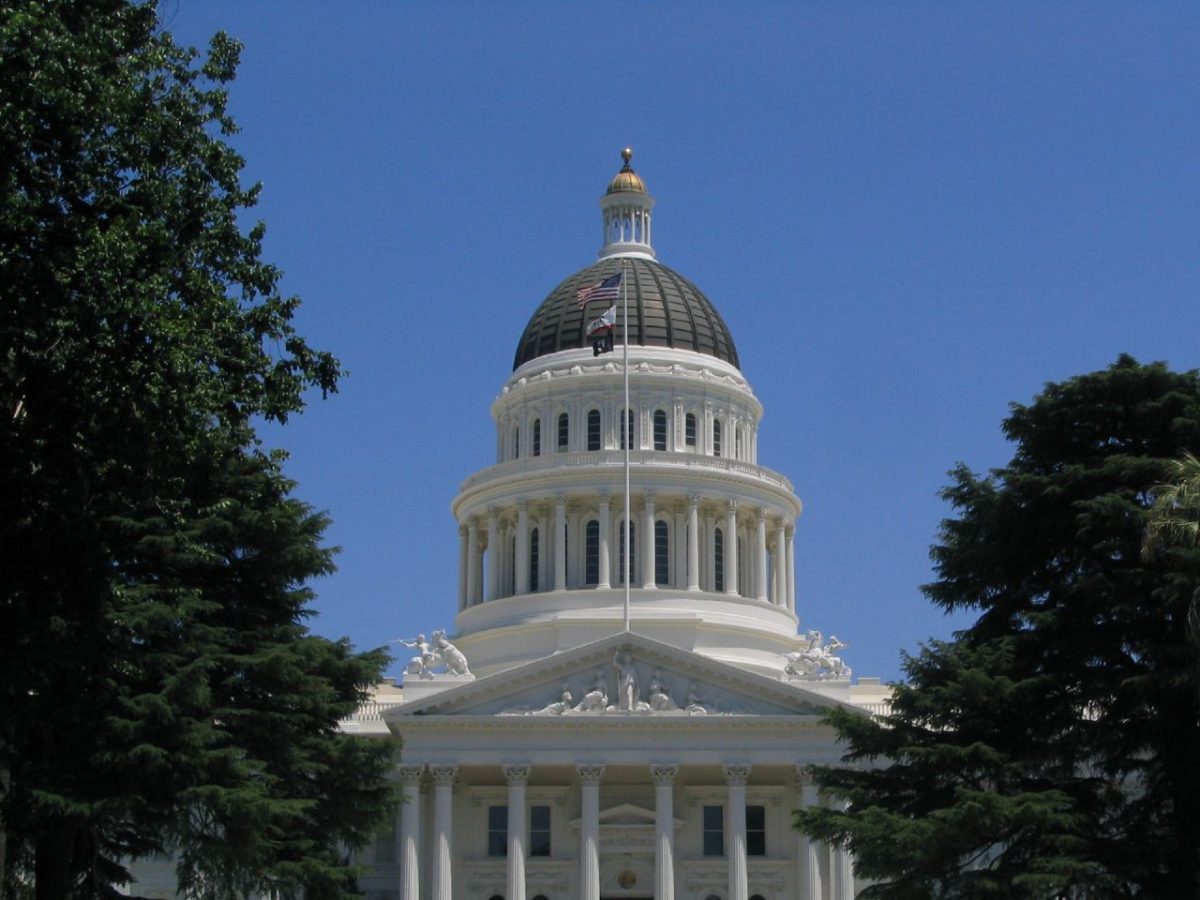I was excited to attend my first neighborhood council meeting this fall, a finance and outreach meeting in Hermon.
As I walked around, I didn’t see any signs. Some people were in the church across the street but the building where meetings are held was dark and I didn’t see an open door, so I tried the Zoom link that was provided on the Hermon Neighborhood Council’s website for this specific meeting. When I clicked, the link was invalid.
“There’s a zoom link?” Nicole Mihalka, a council member, said later when asked about it.
“I had no idea a link was even available,” said council member Katherine Harrington. “Sometimes we show up 10 minutes before. Other times it’s right before.”
The council members apologized and said they haven’t been using web links for any meetings for some time but intend to in the future per the recent passing of SB 411, which requires any legislative body that opts for teleconferencing to post agendas, identify locations, and, most importantly, have the teleconference be accessible to all with clear communications.
That should be a step in the right direction in making public meetings more accessible to the public. But when it comes to L.A.’s neighborhood councils, more could be done to engage the public.
Faulty web links, lack of communication, and inaccurate or missing agendas for half a dozen neighborhood councils this fall highlight flaws within a system more than 20-years-old.
When neighborhood councils fail to update information correctly, the public is left in the dark and uninformed about what is happening locally. Community engagement and advocacy can effectively drive change in neighborhoods and communities.
How does a neighborhood council affect you?
Councils advocate for communities on public safety, development, housing, homelessness, and emergency preparedness by making recommendations to the city council, which can then propose an ordinance or take other actions. Local communities elect their own neighborhood council’s board members and there are 99 total who serve around 40,000 people. Each council gets a taxpayer-funded budget each year that’s typically more than $30,000 to spend on outreach, elections, grants for neighborhood groups and community improvement projects.
The Department of Neighborhood Empowerment, called Empower L.A., supports the neighborhood councils of L.A. But the combination of few resources, a reliance on unpaid volunteers and a dearth of strong regulation has clear consequences.
Open, accessible meetings
The Brown Act is an important law for all public agencies, including neighborhood councils. It is essential for public participation and transparency, ensuring no undisclosed meetings or information is withheld. The Brown Act states councils should post their agendas at least 72 hours before the meeting, according to the California Legislative Information website, but several neighborhood councils have fallen short on this requirement.
The agendas give the public a general understanding of what will be addressed and discussed. Based on this information, residents or the public can decide if it is necessary to attend, given the current topics or concerns. Lack of access to agendas can result in negative consequences like reduced trust and accountability, lack of transparency and information, and missed opportunities for input.
Neighborhood councils like Hermon and South Central haven’t updated agendas within the 72-hour window until recently. Hermon was on track until August when they didn’t post an agenda until one month later in September. They have since stayed on track. South Central, in contrast, just posted their updated agendas for the year on Oct. 18. Other local city councils like La Puente and Alhambra have updated agendas for all meetings and up-to-date video archives. Documents for neighborhood councils like the one in Boyle Heights, Voices and El Sereno are also updated frequently.
Volunteerism poses challenges but democracy depends on it
A story earlier this year by LAist found that members of local councils blamed problems in the system on the fact that it’s driven by unpaid board members who burn out, a lack of communication, and numerous rules and regulations that are difficult to navigate.
A secretary from the Reseda Neighborhood Council discovered that city commissions, including the Police, Ethics, and Planning, were not receiving impact statements from neighborhood councils. This wasn’t a technical issue, but rather it was because email addresses hadn’t been updated in their portal since 2009.
When contacted about thoughts or concerns about communication to the public, Empower L.A. and the presidents of Hermon and South Central Neighborhood councils had no comment as of Dec. 16
People want to join and actively participate in their communities to make changes and vote. But when access to correct and accurate information is limited, their hands are tied. It is crucial to remember that these councils are typically made up of volunteers, and resource constraints or communication challenges will arise. Working within your own community and local government can help improve the transparency of councils and lead to better communication and participation.
A healthy democracy depends on it.

